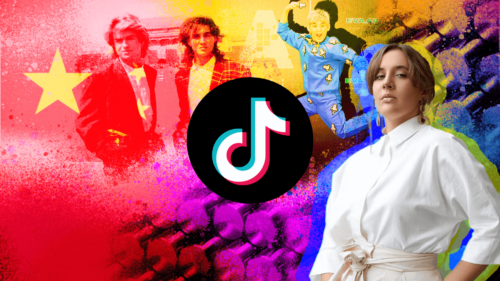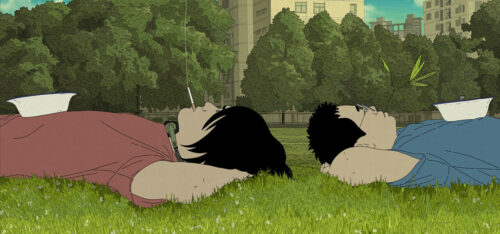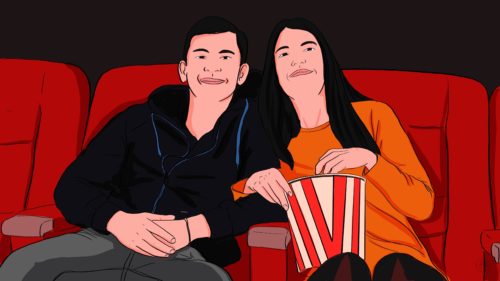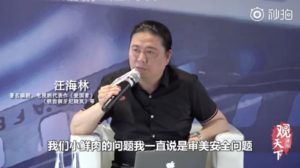Casting good-looking but untalented celebrities is abnormal, China says
The latest government directive aimed at China’s entertainment industry targets TV featuring good-looking stars instead of wholesome moral values.
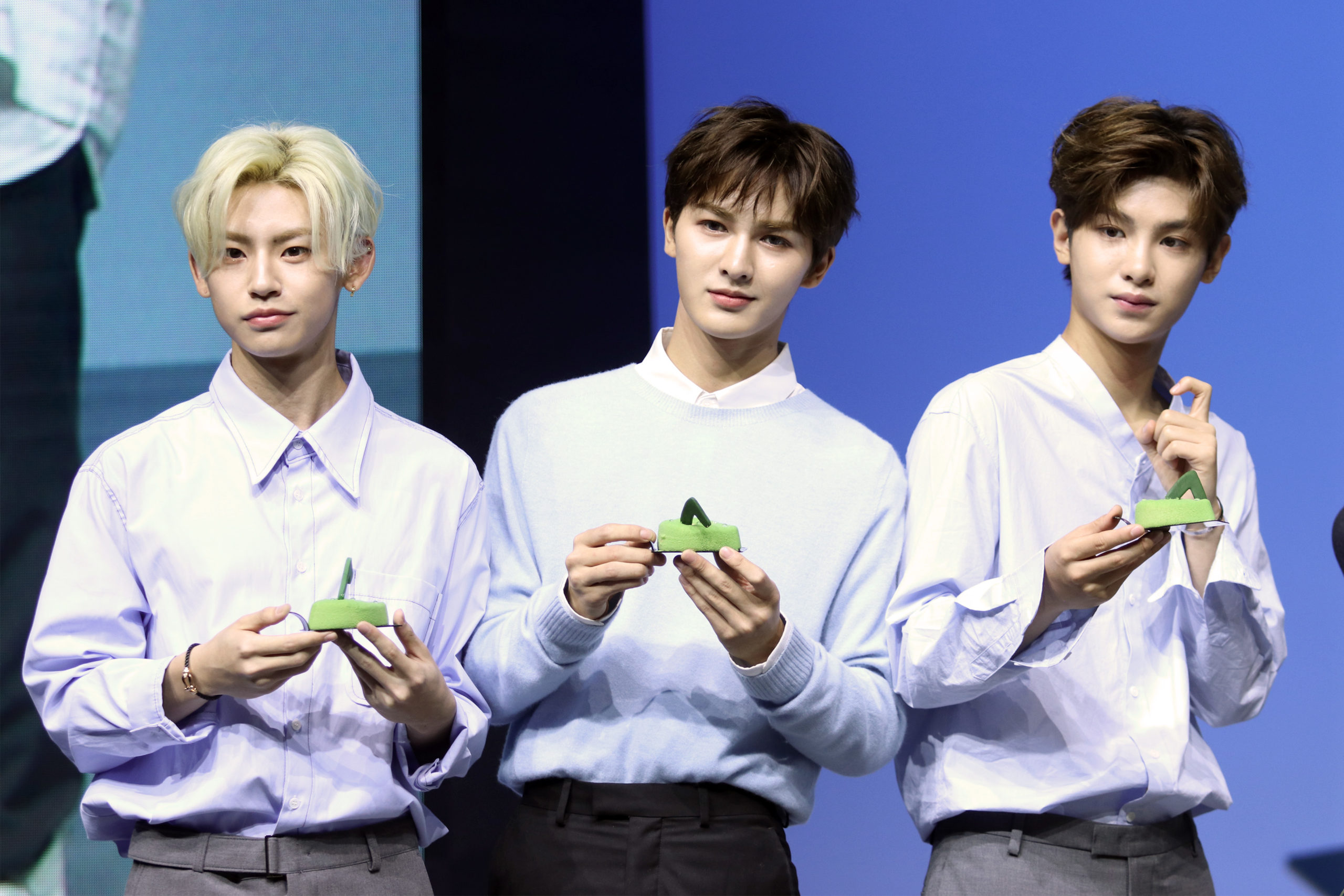
China’s ongoing clampdown on the entertainment industry intensified last week after a media regulator added several new items to its growing list of concerns.
At a meeting on September 9, the National Radio and Television Administration, China’s broadcast regulator, announced that it would continue to strengthen regulations pertaining to netcasting services and streaming shows. The conference was attended by local government officials and representatives from major players in the business, such as video-sharing platform Bilibili and streaming site Tencent Video.
In a news release (in Chinese) after the meeting, the Administration said that professionals in the industry should “clean up their act” and “make real efforts” to elevate the quality of their work. More specifically, the Administration placed an emphasis on banning idol development programs, reality shows featuring the children of celebrities, and any talent competition shows that charge audiences for voting or other forms of participation.
Social benefits, not good looks
When it comes to casting, the document also called on streaming services to firmly boycott the “abnormal culture” of prioritizing entertainers’ appearances over everything else and excessively focusing on the traffic brought by popular celebrities. “Producers should always put social benefits in the first place when creating shows,” the regulator stated. “They should staunchly resist illicit practices such as making fun of scandals, manufacturing hot topics, and inciting debates.”
The Administration also emphasized the role of critics in “making serious, objective evaluations of” cultural products and the role of industry associations in “training professionals on exercising self-discipline.” It also brought the hammer down on extremely high payments for stars and fake contracts, saying that it would work with relevant departments — such as the taxation authority — to cap the salaries of celebrities.
For the most part, the notice is a reiteration of the eight-point regulation plan issued by the Administration earlier this month, in which the government declared a wholesale cleanup of the country’s entertainment sector. It ordered broadcasters to take a stance against a variety of things that it deemed offensive, ranging from “sissy idols” to “vulgar” social media influencers to those with “incorrect political views” and more.
The moves follow a number of celebrity scandals that rocked China’s entertainment industry in the summer. In August, Canadian-Chinese singer-actor Kris Wu (Wú Yìfán 吴亦凡) was formally arrested on suspicion of rape after an online outcry over sexual assault allegations against him in what has become a landmark #MeToo moment in China. Elsewhere, actress Zhèng Shuǎng 郑爽, who was at the center of a scandal for apparently abandoning her surrogate babies earlier this year, was fined $46 million for tax evasion. Actor Zhāng Zhéhàn 张哲瀚 was deplatformed after he visited the contentious Yasukuni Shrine in Tokyo, which commemorates Japan’s war dead. So far, there has been no official explanation as to why Zhào Wēi 赵薇, one of China’s most well known actresses, was blacklisted by the government.
The crackdown on celebrities with perceived “moral decadence” or “incorrect political positions” is in sync with a campaign against what the government called “chaotic” fan culture. Since June, Chinese authorities have taken a series of steps to rein in celebrity worship and fan clubs, such as banning online lists ranking celebrities by popularity and removing thousands of social media accounts related to fan clubs.
Although the sweeping regulations have won praise from supporters who thought China’s celebrity culture had gone too far for too long, the initiative was not without controversy. Earlier this month, when Beijing banned “effeminate” men on TV and ordered broadcasters to promote more “masculine” role models, critics argued that the government was reinforcing mainstream gender roles, which would further stigmatize LGBT+ individuals in the country.
Now Thursday’s news release — particularly the part where the broadcast regulator took a swipe at good-looking celebrities — had people complaining about the government exerting too much control over their cultural life. “I don’t see a problem with attractive people being popular. Humans are naturally drawn to beautiful things,” a Weibo user wrote. Meanwhile, the news also prompted speculation as to whom the government was referring to when writing the “good-looking celebrities” part, which led to some commenters asking the regulator (in Chinese) to “stop beating around the bush” and “just name names.”

